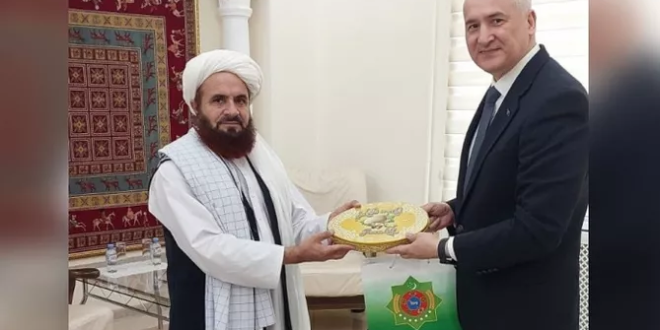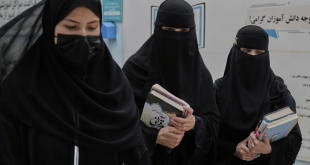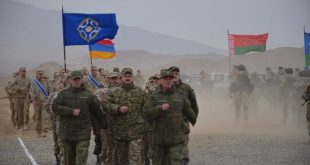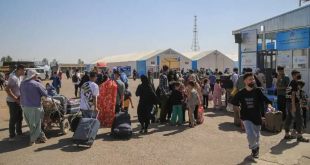KABUL — In a striking sign of shifting alliances in Central Asia, Turkmenistan’s ambassador to Russia, Esen Aýdogdyýew, met with the Taliban’s newly recognized envoy, Mawlawi Gul Hassan Hassan, in Moscow to chart a course for deeper cooperation in energy, transit, and infrastructure. The meeting comes just weeks after Russia became the first country to formally recognize the Taliban government — a move that is rapidly reshaping regional diplomacy.
Both diplomats emphasized their countries’ “historic ties” and pledged concrete steps to strengthen cooperation — including reviving the long-delayed TAPI gas pipeline that would carry Turkmen energy across Afghanistan to Pakistan and India. The talks also focused on expanding electricity exports to western Afghanistan, boosting rail connectivity through the Torghundi and Aqina crossings, and reopening transit routes like the Lapis Lazuli corridor linking Central Asia to Europe.
The meeting was not just symbolic — it was a message: landlocked Turkmenistan is ready to deepen its economic footprint in Taliban-ruled Afghanistan, while Moscow continues to act as a diplomatic broker between Kabul and the region. Both sides discussed easing visa restrictions for Afghan traders and offering educational opportunities for Afghan students, highlighting a shift toward normalization.
For Western observers, the engagement is another sign that while the U.S. and Europe keep the Taliban at arm’s length, regional powers are moving in the opposite direction — engaging pragmatically with the regime to secure energy flows, trade routes, and stability along their borders.
As Afghanistan remains isolated from the West, its economic and diplomatic survival may increasingly depend on partnerships like the one taking shape between Ashgabat and Kabul — with Moscow playing host.
 Afghanistan Times
Afghanistan Times




